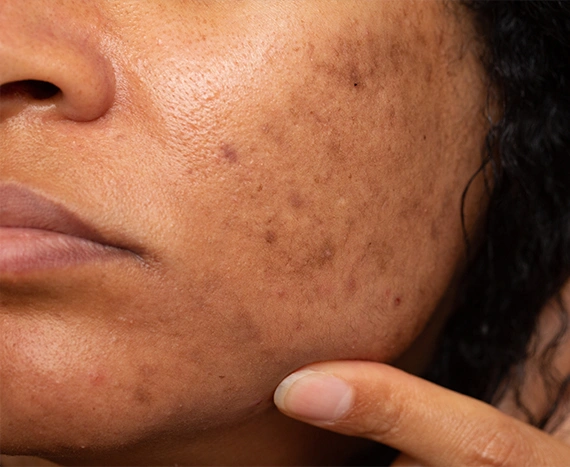
Pigmentation is a common skin concern that affects many individuals, leading to uneven skin tone, dark spots, and patches. Many people wonder, “Is pigmentation treatment permanent?” The answer depends on various factors, including the type of pigmentation, skin type, and the treatment method used by dermatologists. For those seeking expert care, advanced Pigmentation Treatment in Dubai provides cutting-edge solutions tailored to individual skin needs. While some treatments offer long-lasting results, others may require maintenance sessions to sustain the effects. Understanding the nature of pigmentation and the effectiveness of professional treatments can help set realistic expectations.

Pigmentation occurs when the skin produces excess melanin, leading to dark spots or patches. Several factors contribute to this condition, including:
Dermatologists analyze the root cause before recommending a treatment plan, ensuring the best possible outcome.
Laser treatments target melanin deposits, breaking them down for gradual fading. Advanced lasers like Q-switched Nd:YAG and fractional lasers provide precise results with minimal downtime.
Medical-grade peels exfoliate the skin, removing pigmented layers and promoting new cell growth. They are effective for superficial pigmentation.
IPL uses broad-spectrum light to target melanin, reducing discoloration without damaging surrounding skin.
Dermatologists may prescribe specialized creams containing active ingredients to lighten pigmentation over time.
The permanency of pigmentation treatments varies based on the method used and individual skin response. While some treatments can provide long-term results, others may require periodic maintenance. For example: